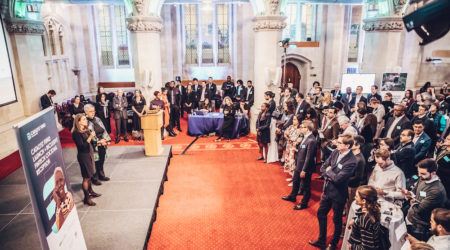An Interview with Tahira Dosani and Vikas Raj of Accion Venture Lab
Catalyst Fund IAC Profile Series #2
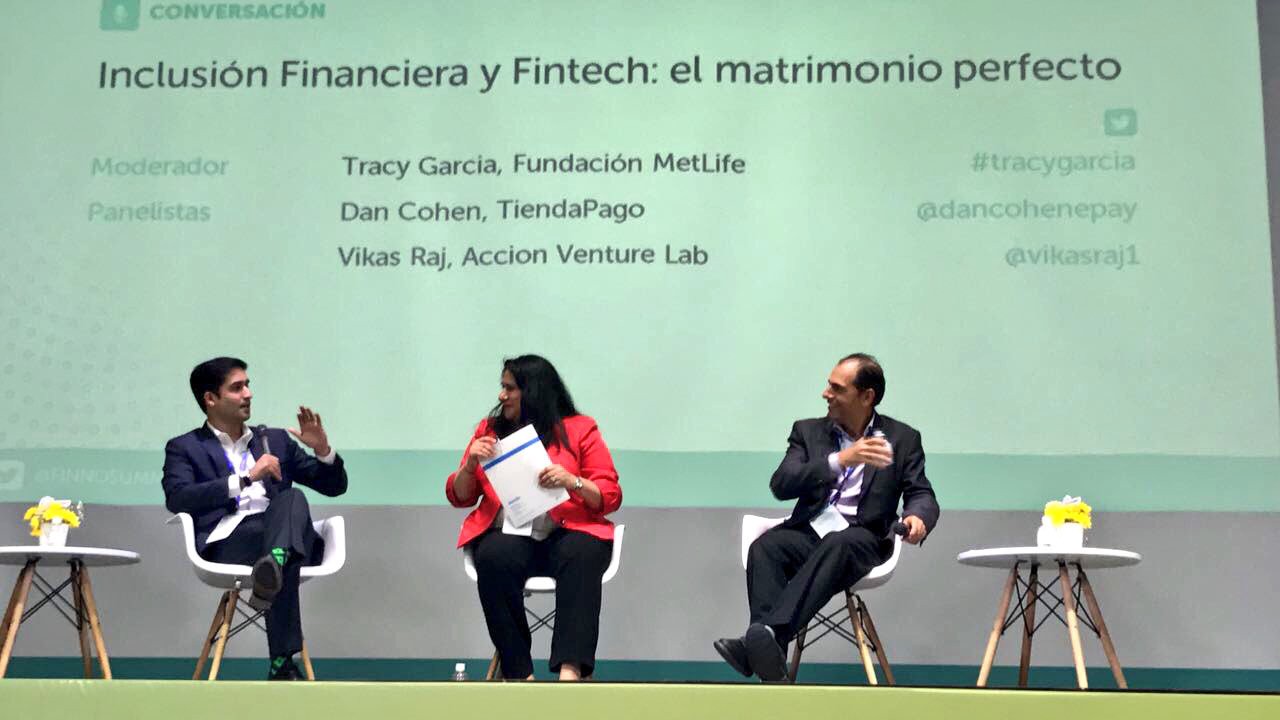
We recently had the opportunity to connect with Vikas Raj and Tahira Dosani, Managing Directors of Accion Venture Lab and members of the Catalyst Fund Investors Advisory Committee (IAC). As founding members of the committee, we were eager to hear from Vikas and Tahira about their experience with and perspective on Catalyst Fund as we looked back on the first year of the initiative.
Catalyst Fund: It’s been more than a year since Catalyst Fund was officially announced at the US Aid Treasury event in December 2015. What are your thoughts on the objectives, progress and lessons learned from Catalyst Fund? How has the fund developed toward or evolved from your original vision as a founding IAC member?
Vikas: It has been remarkable to watch the progress Catalyst Fund has made over the last 1.5 years. When we conceived of the Fund earlier in 2015, we had a general sense that there could be value in finding great pre-seed financial inclusion businesses around the world, providing them with capital and connecting them with motivated institutional investors who could eventually become investors. That thesis, to some extent, has begun to be proven — Venture Lab invested its own capital into Destacame.cl, a company it proposed for a Catalyst Fund grant, earlier this year. More importantly, our fellow investment committee members and we have started building strong relationships with 11 very early stage financial technology startups around the world. Those relationships could eventually lead to investment capital for these startups. What has been surprising as we have watched the Fund come together over the last 1.5 years is how much bigger the effort has become — we have seen these companies benefit from far more than simple investor connections and a grant; rather, they have gotten deep support from the technical assistance teams at BFA and VL, gotten significant publicity through large events around the world, and will soon be joining the entire VL and Quona portfolios for a Fintech for Inclusion CEO Forum in June. It’s been terrific to see how the fundamental concept of Catalyst Fund has moved toward providing an extra level of support and empowerment that seems to be legitimately helping these companies.
Tahira: Seeing Catalyst Fund move from an idea to reality has been incredibly rewarding. The Pioneer Gap is increasingly well-documented, but there is still a dearth of early-stage funding available. Catalyst Fund’s role in both providing capital that gives runway to pre-seed startups and in supporting those startups achieve the milestones that will make them investment ready is truly unique in the sector, and we hope it will serve as a model to others. We’ve learned a lot going through this process and have seen a number of common challenges faced by the companies coming through the program, which helps us build our ability to diligence and support early-stage startups.
What are some directions that Catalyst Fund could explore after going through the first cohort/class of companies?
Tahira: I love the idea of extending the Catalyst Fund model to other sectors or running Catalyst Fund at a country-level, where the support could focus on challenges and support most relevant in a given market or ecosystem. The Catalyst Fund model can also be applied to other constraints facing early-stage businesses. Lack of access to debt, particularly on-lending capital for startup balance-sheet lenders, is a significant challenge today. Catalyst Fund could provide wholesale debt to these companies and pave the way for local lenders to follow suit
Three of the current CF cohort companies were nominated by AVL, Destacame.cl, PayGo Energy and Comunidad4Uno. How did you engage with these companies of Catalyst Fund?
Tahira: Through Catalyst Fund, we have engaged with these companies at multiple levels. First, as a sponsoring investor, we nominated the companies into the program and helped define the milestones we thought were critical for them to reach. We also remain in touch with those companies as they go through the program, providing mentorship through the process. We help them think about what it would take for them to be investment-ready, providing feedback on pitch decks, investor lists, and more. Finally, given our work with early-stage startups, we work closely with BFA on the provision of TA and support to the Catalyst Fund recipients. With Destacame.cl, we spent a week in Santiago with the team, working on a B2B sales strategy, pitch and value proposition, product roadmap, and customer experience. With C4U, we worked with BFA to conduct a two-day workshop on customer segmentation and product focus in Mexico City. One of the great things about Catalyst Fund is that it creates structure around the process of funding and supporting startups without being dogmatic around process or nature of that support. We have engaged differently with each of these companies, in ways directly informed by their progress and needs.
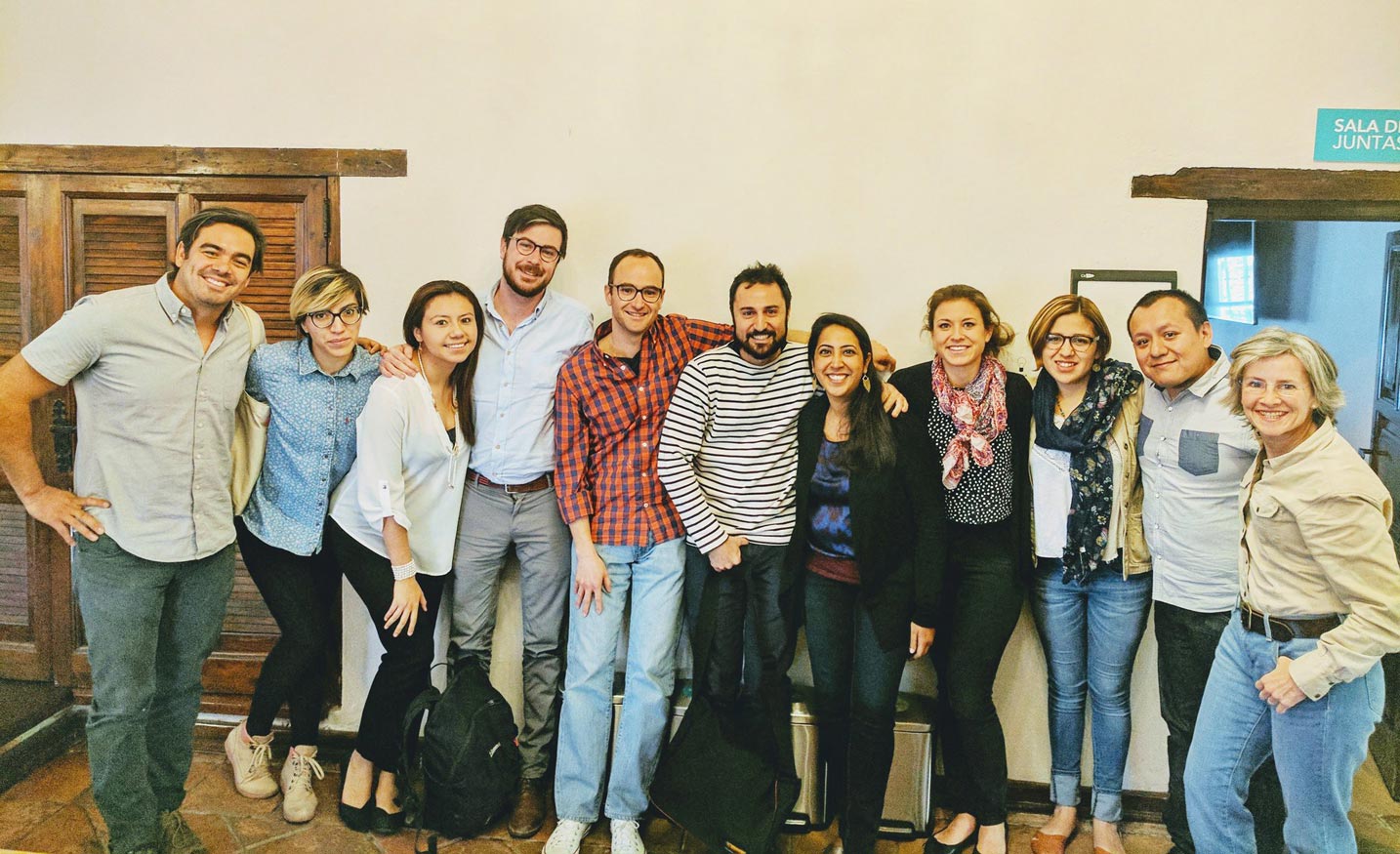
Destacame.cl recently announced that they closed their seed funding round, led by AVL. How did the investment come together and how did the timing work with the Catalyst Fund engagement?
Vikas: Destacame.cl was the first company we supported via the Catalyst Fund, and in fact was the first ever recipient of Catalyst Fund funding, in spring 2016. We had known the company for some time before they got the Catalyst Fund funding, and in fact had considered them for an investment, but wanted to give them a chance to prove out their business model, particularly around the usefulness of their data, before moving forward with an investment. That grant capital was critical to our ability to get comfort with Destacame.cl, and their ability to build out their business. Later in 2016, we re-started discussions with the company about a potential investment in their seed round — and we announced the investment earlier this year. They are now one of the most exciting companies in our portfolio.
Tahira: Providing support to Destacame.cl through Catalyst Fund — working with them on their B2B sales process — gave us the ability to get to know the team well and to be comfortable with their progress on the financial institution partnership front, which enabled us to make the investment.
Tahira, you recently wrote a post about your attendance at the Credit Suisse’s Latin America Investment Conference. How does the inclusive fintech landscape in Latin America differ from the African one or the South East Asian one? Is any one market more interesting or challenging than the other at the moment? In what way?
Tahira: I wouldn’t say that one market is any more interesting than another per se; the nature of the challenges and opportunities vary from region to region and country to country. The formal and informal financial services landscapes, the regulatory environment, level of technology access and infrastructure, and entrepreneurial and investment ecosystem all differ. Venture Lab has currently invested in thirty startups that are operating in over twenty countries around the world, so we’re constantly able to compare and contrast across markets. I would say that there is more that is transferable across countries than is different. Ultimately we are talking about very similar customers — underserved individuals and small businesses that have fairly constant needs when it comes to financial services and financial health, regardless of the maturity of the market they are in.
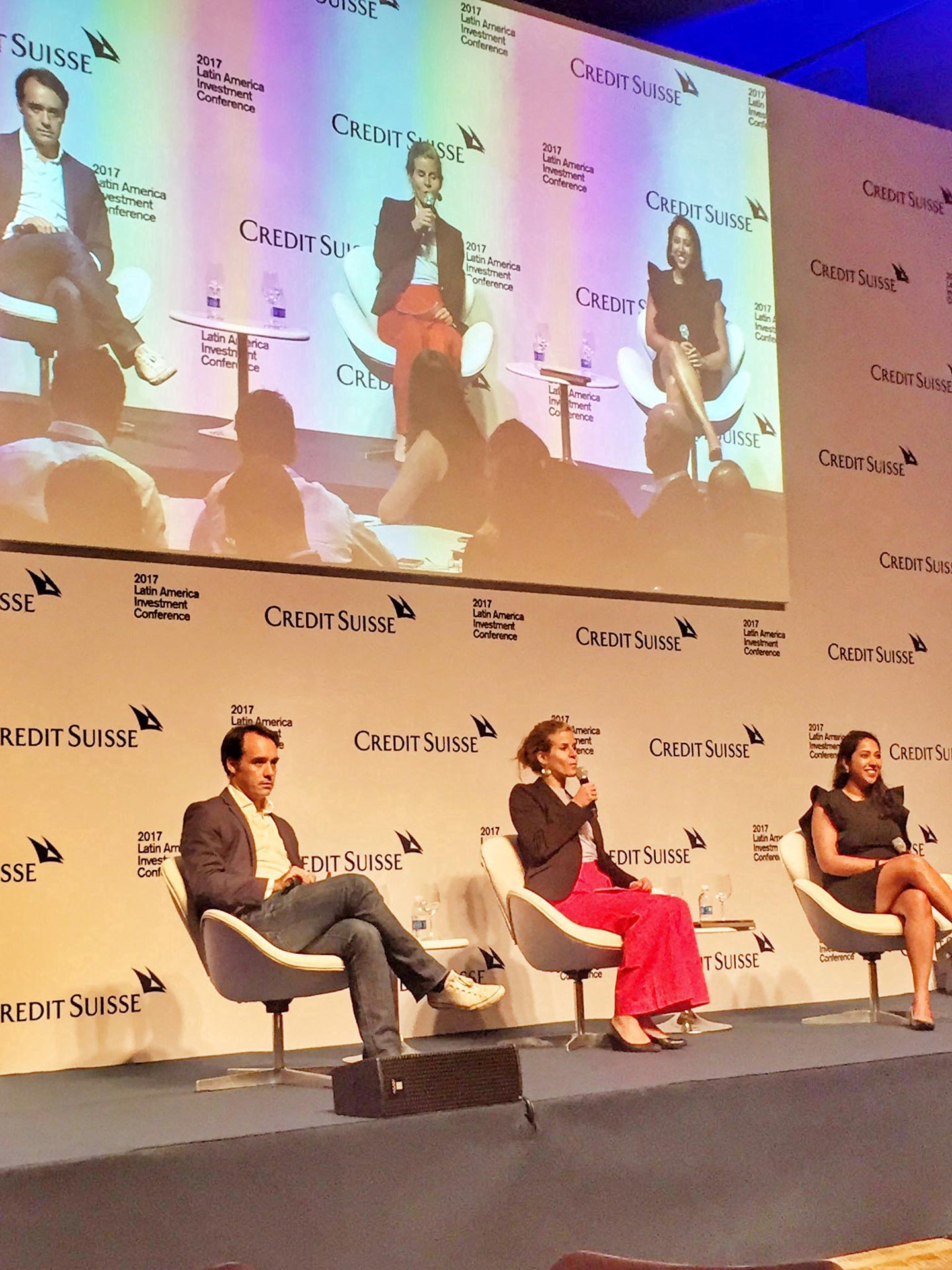
Vikas, you attended Finnovista’s #FSOB Finnosummit in Bogotá in March. What caught your interest there?
Vikas: Colombia is an interesting market for us because VL has not yet closed an investment in the country, but Accion has a significant presence there through its microfinance network and investments. It’s a market that is increasingly interesting to us on the VL side, due to both the growing interest and opportunity for fintech within the market, as well as its ability to be a stable launching pad for LatAm-wide businesses. We were impressed with the quality of some of the startups we met there, including Escala, another Catalyst Fund company. Companies like Escala are partnering with financial institutions and large corporates to open up crucial financial products, in their case savings for tuition, to the historically underserved.
And, what differences do you see in the fintech landscape where AVL sponsors startups, for example between LatAm and Africa?
Vikas: There are dramatic differences between the many markets where we invest, regarding financial inclusion, entrepreneurial activity, talent, investor support, long term exit opportunities, existing infrastructure and regulatory environment, and obviously a lot of those factors are interrelated. At the same time, we think there are fundamental macro trends in play across developing markets that are ultimately opening up possibilities for the provision of financial services to those that have been chronically underserved. Smartphones, the explosion of new data, discomfort with or the unavailability of traditional financial services models, these forces are creating massive opportunities for financial technology entrepreneurs in both Peru and Nigeria. The specific challenges and opportunities do of course vary . In Kenya, as an example, the fintech landscape is partially driven by a near-ubiquitous mobile money system, M-Pesa, that provides an infrastructure for all kinds of other fintech innovation like nano loans, pay-as-you-go asset finance and mobile-based merchant cash advance (like Kopo Kopo). In Chile, there is only a negative credit bureau, creating a big need for alternate data-based scores to open up credit to consumers (like Destacame.cl). But the fundamental need is often quite similar.
Tahira, what would you add here?
Tahira: In addition to the market and infrastructure factors that Vikas mentions, there are some drastic differences in the investment climate and availability of support available to entrepreneurs across many of these markets. The number of investors and amount of investment capital available in a market like India dwarfs that in other markets like Pakistan or parts of West Africa.
The Catalyst Fund also has a learning agenda, which explores:
- How to develop 10x better financial services
- How to lower the barriers in reaching low-income customers
- How the Catalyst Fund model compares to other industry approaches.
What can you share about what you’ve learned in any of those areas?
Tahira: To me, those first two points are very interrelated. The barriers to switching from the status quo (whether you are a low-income consumer or a financial institution thinking of partnering with a fintech) are high. Even once someone understands the product and its potential value, a number of questions persist: are the switching costs worthwhile? what if the product doesn’t work? Is the potential value actually going to be realized? In order to motivate any customer to change their behavior and adopt a new product or service, you have of offer a value proposition that is 10x better. When it comes specifically to serving low-income customers, you not only need a product or service that is significantly better, you also have to ensure that every step of the customer journey is designed with the needs of that customer in mind. From distribution channels and messaging that speak to and reach your target population to pricing that works with their (often volatile) income streams, each element of product design and delivery must be considered in light of the specific customer segment you are targeting.
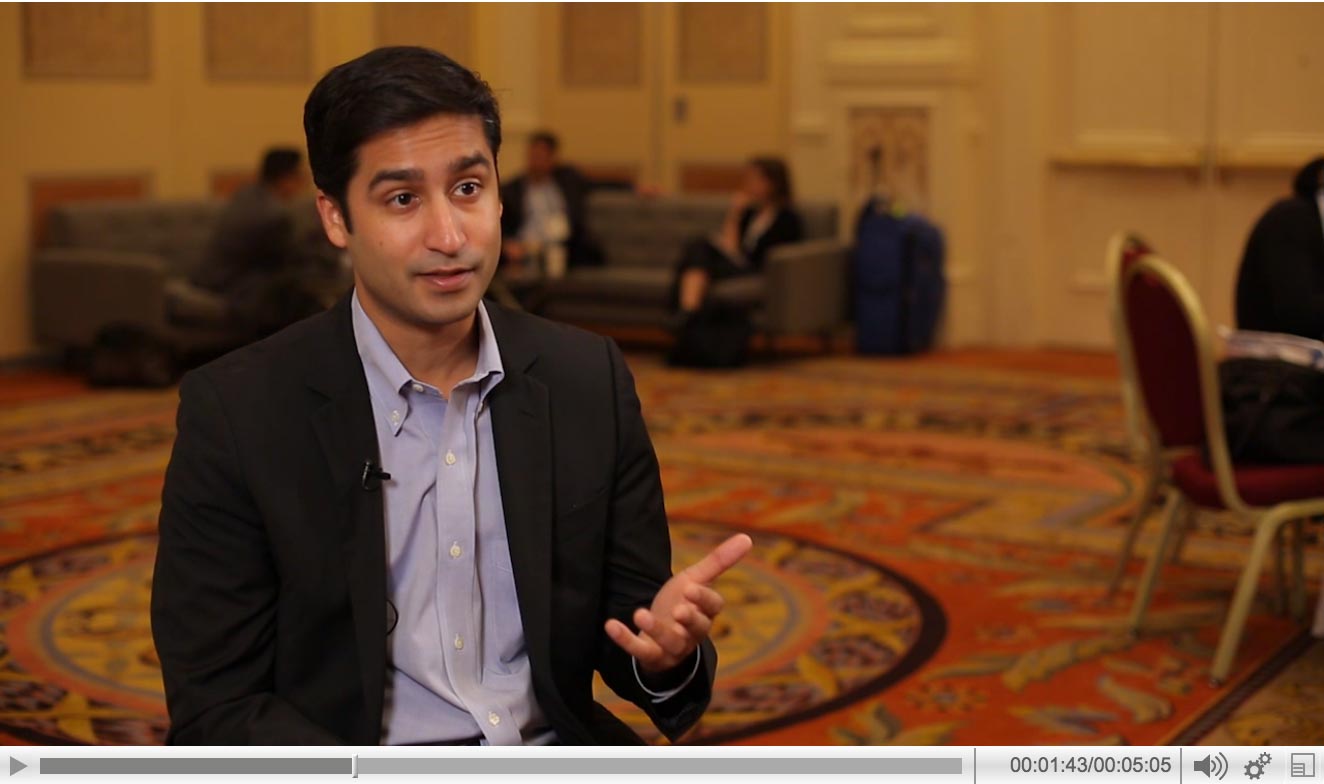
What sectors or industries are you seeing a lot of movement or particular innovation in digital financial services? Can you talk a little about the kinds of companies, actual companies, spaces you’re keeping your eye on?
Vikas: We are actively investing around the world and think that this continues to be an incredibly compelling time to build and scale a fintech company. Just in recent weeks, we have actively conducted due diligence on businesses in India, Pakistan, UAE, Brazil and Colombia, with more great companies entering our pipeline every day. One sector we are particularly excited about is insurtech. In some ways, it seems that many of the technological and process innovations that have been applied to lending over the last five years are now being applied to insurance, arguably an even more antiquated industry. We are excited about fintech companies that are using new channels, like the internet and agent networks, to better access and inform customers about insurance products, actually sell policies, and ultimately engage with customers after the sale so that they can better understand outcomes and manage claims. We recently evaluated a LatAm business partnering with retailers to sell very cheap micro-insurance, and then interacts with those customers via a mobile app to explain claims and provide a marketplace for other products. That seems to deal with a lot of the core problems we have historically seen in the industry. Outside of insurtech, we are increasingly excited about new financing instruments, like asset finance, the use of AI helping FIs to engage with customers (like chatbots) and the application of blockchain to our target markets (which we think may start being relevant).
Tahira: We are also really interested to see companies that execute well. As promising and sexy as some of the innovation in financial services is, it takes quality execution and focus to build and scale a business. Startups must be truly thoughtful about their customer needs, build strong teams, and have great processes and solid operations to succeed

About Tahira Dosani
Tahira Dosani is Managing Director of Accion Venture Lab, leading the fund’s work on portfolio engagement, which entails working with Venture Lab’s portfolio companies to provide strategic and operational expertise that accelerates their growth trajectories. More…
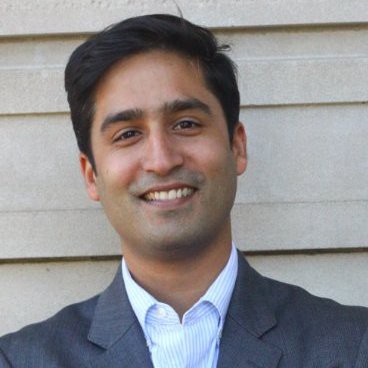
About Vikas Raj
Vikas Raj is Managing Director at Venture Lab, leading the group’s work on investments, in addition to managing portfolio relationships and driving the strategy and growth of Venture Lab. More…
Many thanks to Vikas and Tahira for your responses and support for Catalyst Fund!
Up Next in the IAC Profile Series
We look forward to sharing our upcoming profile interviews including:
- Alexandre Lazarow, Principal at Omidyar Network
- Brian Cayce, Partner at Gray Ghost Ventures
- Monica Brand Engel, VP Investments at Quona Capital.
Past IAC Profile Series
- Sheel Mohnot, Partner at 500 Startups and angel investor
Leave a comment below if there is a particular question you want to ask our investors.
